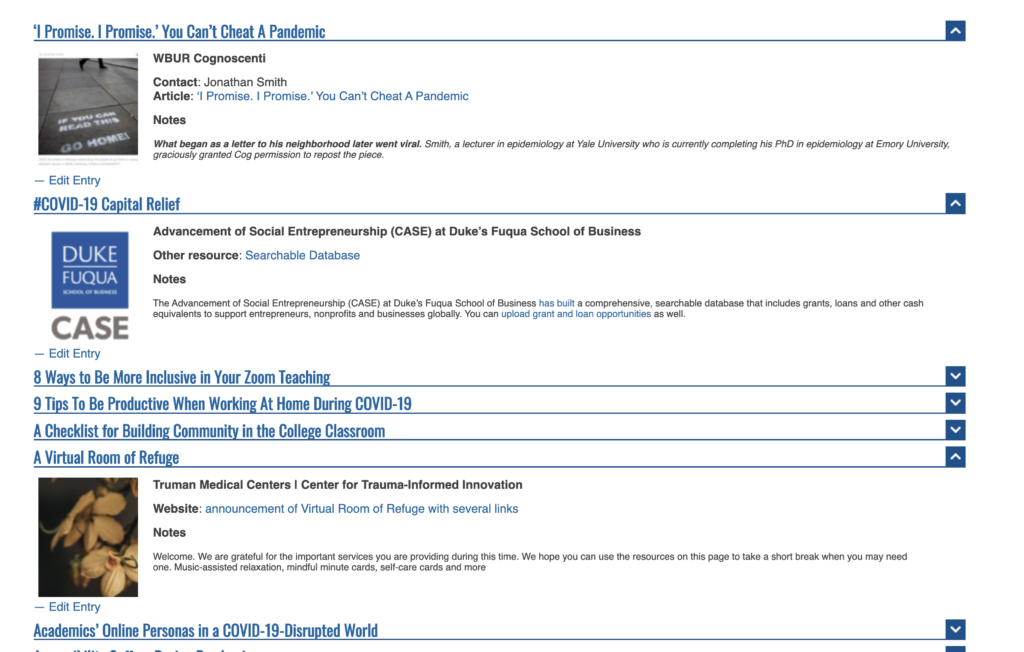The transition from high school to college during the COVID-19 crisis is bound to be rough. In thinking about teaching and learning for the incoming first-year, first-time college students, a study by Junior Achievement and Citizens Bank has useful information.
Junior Achievement and Citizens Bank funded a survey of 1,000 13-18 year-olds about their financial concerns due to COVID-19. The survey showed that 69% of respondents are concerned about the financial impact of COVID-19 on their families, and 72% said they have discussed finances with their parents/guardians.
“These survey findings show a disconcerting lack of confidence among teens when it comes to achieving financial goals,” said Jack Kosakowski, President and CEO of Junior Achievement USA. “With a strong economy, you would think teens would be more optimistic. It just demonstrates the importance of working with young people to help them better understand financial concepts and gain confidence in their ability to manage their financial futures.”
The survey revealed that 48% of the teens who work say their family depends on their income to meet expenses and many of the teens who work have lost their jobs, whether babysitting/pet-sitting (21%), lawn-mowing (25%), or outside employment (18%).
Nearly half (44%) of high school juniors and seniors said that COVID-19 has impacted their ability to pay for college and many will take out loans. Almost one-third (30%) said that COVID-19 will affect when they start college.
Beyond finances, the students who do start college, will likely be worried about their family members becoming ill (60%). Interestingly, they were less worried about becoming ill themselves.
Methodology: The JA Teens & Personal Finance Survey was conducted by Wakefield Research (www.wakefieldresearch.com) among 1,000 nationally representative U.S. teens ages 13-18, who are not currently enrolled in college between, March 1st and March 8th, 2019, using an email invitation and an online survey.


